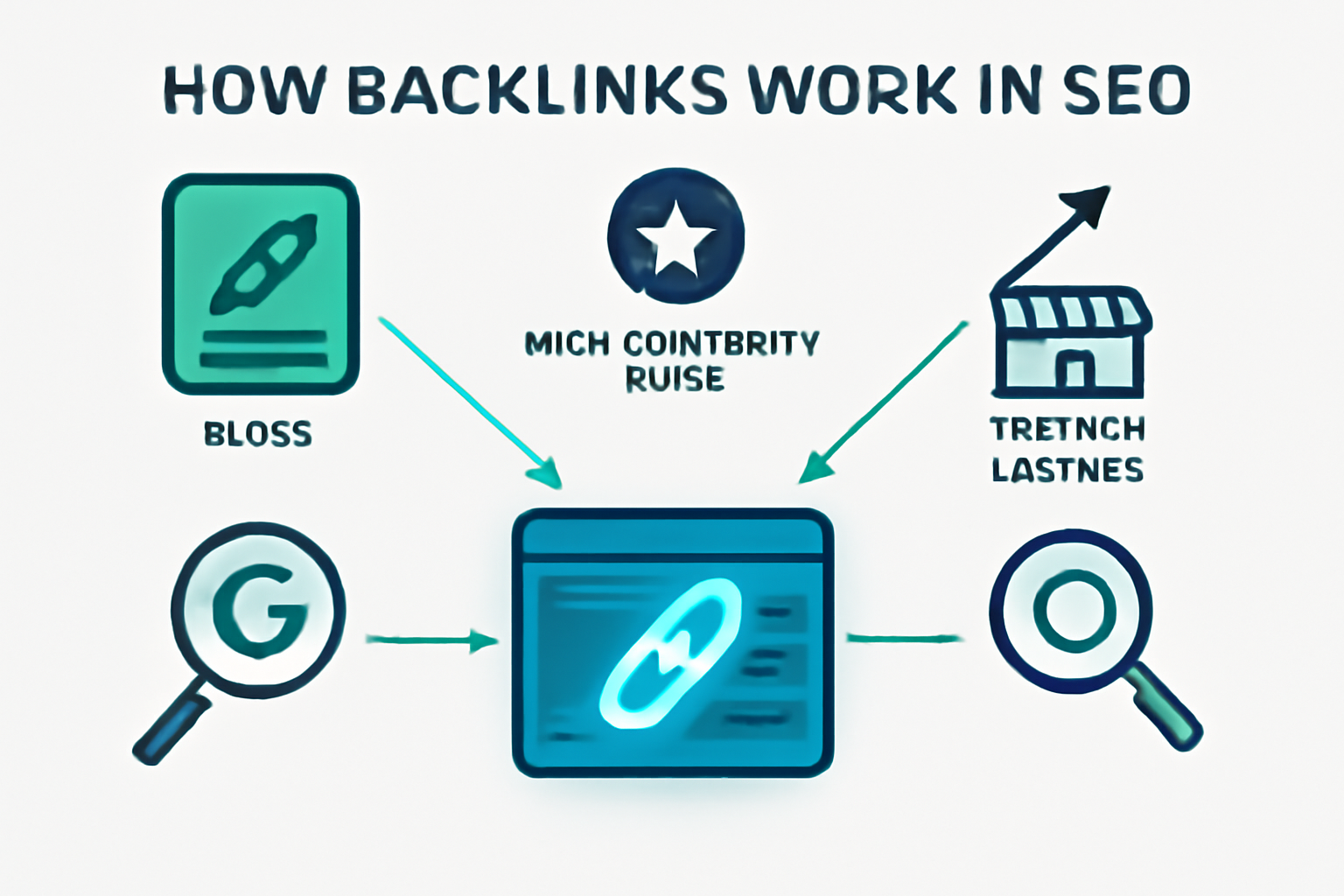- +91 9409789822
- webdigitalwaves@gmail.com
- Vadodara, Gujarat, India

Introduction
Outside in today’s hyper-connected digital world, websites are scratching and clawing their way to visibility on search engines like Google. One of the most contentious topics in SEO is the role of backlinks. Do backlinks matter? Or are they worth little in today’s algorithm-driven world? The answer is yes and no, and it also depends on how they are built and how they are used. For businesses that want to grow online, knowing how to leverage backlinks is crucial, especially when purchasing SEO Services. This piece of writing will cover in detail when and why backlinks matter, including how to develop a winning strategy.
Problem Statement
Backlinks used to be the “magic bullet” for achieving higher rankings. Website pages containing a greater number of backlinks attained higher rankings with a greater ease. Progressing through the years, the evolution of search engines created a problem. For instance, the Google algorithm update titled Penguin started penalizing websites for having spammy backlinks.
The problem today is no longer do backlinks matter, but how to ensure they are construct to be relevant and high quality, and above all, natural. Many businesses that buy SEO Services still adhere to the quantity over quality approach, and in the end harm their ranking rather than improve it.
Research
Backlinko studied how web pages with backlinks get more clicks, associating this with higher rank on Google.
Ahrefs suggests that 66.31% of pages on the web remain unlinked and rank for weak keywords.
John Mueller from Google says that while backlinks still matter, their sheer quantity no longer has the impact it once did.
Clearly, backlinks remain, to some degree, critical for SEO.
Key Focus Areas
Links from established and trusted sites such as HubSpot and Forbes, for instance, hold more value than hundreds of links from untrusted blogs.
Relevance matters: backlinks from a a tech blog for a software company are more useful than a link from a cooking website.
Search engines are recognizing Citations and mentions that don’t have clickable links.
Backlinks still matter, but unlinked mentions and citations also add to trust and authority.
Spammy directories, paid links, and link farms are sure to trigger penalties from Google.
SEO Services businesses are gradually shifting towards ethical, white-hat link-building.
Content that is valuable and interesting is easy to get links to.
Chasing for links is less useful than fostering content that is valuable and easy to share such as blogs, infographics, or case studies.
Case Studies
Case Study 1: The Startup Blog
A SaaS company created a data-researched report and published it on LinkedIn. A number of technology magazines actually picked up on it and linked back to their website. In the next three months, organic traffic surged 60% due to quality backlinks.
Case Study 2: The Wrong Approach
An online store bought 1,000 backlinks for $99 from a sketchy vendor. A couple of weeks later, Google flagged the site for unnatural linking patterns. The website drastically dropped in rank, and recovery took six months with the help of professional SEO Services.
These cases differentiate backlinks as an asset versus a liability.
Step-by-Step Guide: Building Backlinks the Right Way
I’ve been doing SEO for the last 5 years, but I’ve never focused solely on backlinks. My approach has been more balanced—I’ve worked on building links from high-DA/PA sites, creating business listings, and prioritising high-quality content. Over the past five years, I’ve created only a handful of backlinks (around 100–500 in total), yet I’ve successfully managed to rank my website consistently on 3rd position in Google.
Impact & Results
Future Outlook
Conclusion
So, is it true that backlinks are fundamental in SEO? Yes, but the links must be relevant, natural, and of high quality. Spammy or low quality links cause more harm than good. Companies seeking SEO Services must work within ethical boundaries of link-building, with the supporting pillars being great content and intelligent outreach. Backlinks are still one of the most powerful ranking factors but not the only one. There are great chances of success in SEO with a combination of quality backlinks, on-page factors, great content, and user experience.